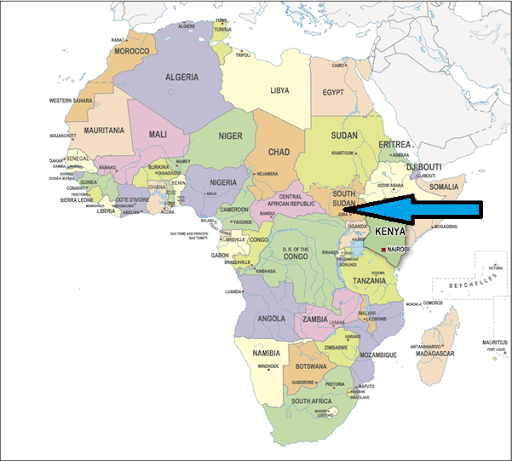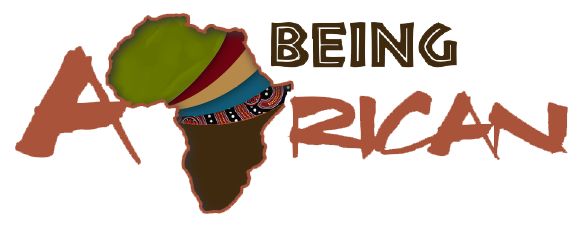People Of South Sudan

BeingAfrican is a platform that strives to preserve African cultures, traditions, and languages. It is a meeting place where African cultures are explained within scope.
In recent decades, the emergence of large African diaspora communities within Africa itself, Europe, America, and elsewhere has resulted in the loss of traditional knowledge of African cultures. At the same time, the westernization of African countries has posed the same at home. Our platform is an attempt to preserve many of our centuries-old customs and traditions.
At BeingAfrican we understand that preservation of culture and protocols is everyone’s responsibility (parents and children) but mainly it lies with the elders.
- Learn about you, your people, and why you should be proudly South Sudanese
- Know who you married-cross cultural marriages
- Understand the people of the country you intend to visit-Hello tourists!
- Learn the language-Basic language exposure. Say something in Juba, Bari…
- Share your rich South Sudanese culture and language
Be present in appreciating the South Sudanese in you and South Sudanese around you. Understand South Sudanese marriage practices, clans and totems, pregnancy traditions, manners and protocols, dining and hosting, music, art and dance, death and funerals.
As a South Sudanese, you have a culture, and you have a language!
SOUTH SUDAN AT A GLANCE

Independence: 1 January 1956
Capital: Juba
Population: 12 778 250
Area: 644,329 square km
Provinces: Central Equatoria (Juba), Western Equatoria (Yambio), Eastern Equatoria, (Torit), Jonglei (Bor), Unity (Bentiu), Upper Nile (Malakal), Lakes (Rumbek), Warrap (Kuacjok), Western Bahr el Ghazal (Wau), and Northern Bahr el Ghazal (Aweil)
Languages: English, Juba, Arabic, Nuer, Bari, Zande Jur (Luo) Murle, Shilluk, Dinka, Kanuri
Where is South Sudan on the continent of Africa?

South Sudan is a landlocked country in east/central Africa. It is landlocked by Ethiopia, Sudan, Central African Republic, Democratic Republic of the Congo, Uganda and Kenya.
